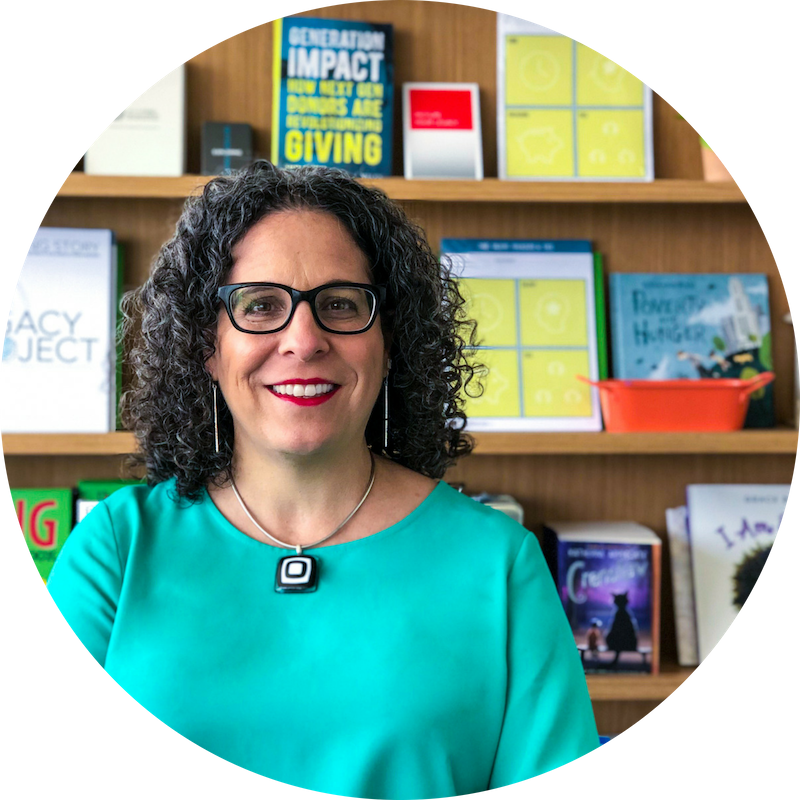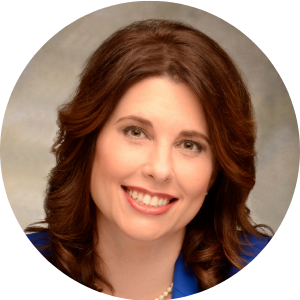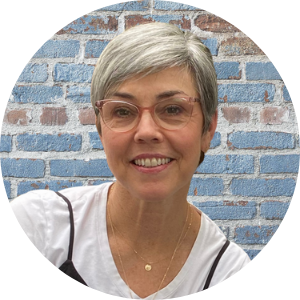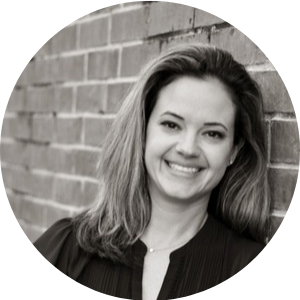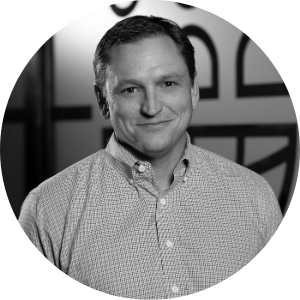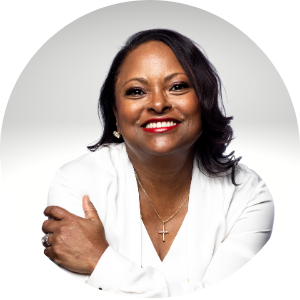
Taking a Collective Stand | Achieving a Bold Stakeholder Vision
Taking a Collective Stand | How to Achieve a Bold Community Vision
This episode is being re-published because the content feels incredibly relevant given our political and social environment. In the mid-1990s Jennifer Touchet and a group of committed citizens took a clear and unified stand against a powerful and complex system and won! They used positive political strategies based on a win-win-win approach and intentional inclusivity.
Show Notes
In the beginning, the vision was something for the community, and truly nothing more than that. That’s what held us together. We wanted to bring the community together.
– Jennifer Touchet
The Power of Your ‘Why’
In episode 21, I discussed owning your value and the key elements to unlocking authenticity and personal power. This week we take a deep dive into the first element, “Know what you stand for,” as embodied by my guest, Jennifer Touchet.
Holding true to the vision and the “why” of the community was indispensable during her bid to establish a nature center in the urban neighborhood of Oak Cliff in Dallas, TX.
While some wanted to erect a high-end, gated community on that beloved spot of land, much of the neighborhood knew and loved it for the nature and recreation it provided. What followed was a years-long project requiring passion and persistence. Enjoy learning some key pointers from our conversation.
[3:12] …BeBe spoke so passionately and it was clear that she had a bigger vision for who should benefit from … this jewel that was in our community. So afterward, I connected with her and … asked her if she wanted to work together to try and bring the community voice to what’s really going to happen. And she wanted to…
Be Empowered by Your Beliefs
[9:32] “One of my core beliefs is that local communities that are closest to problems are also closest to solutions…”
“I firmly believe that the community can come up with what’s best for itself. I kind of believe that in general, that the communities that live and work and play where they are, that are closest to things know also how to make it better.”
Know the Stakeholder Environment
“If you want to get anything done, you have to look at all the different factors that will affect your ability as a person or as a group to get that done.”
Know When to Relent and Know When to Relax
Knowing your stand is important. But there often comes a time when compromise needs to occur. Originally Twelve Hills was 20 acres of land. To achieve their purpose, they had to scale back and negotiate. As Jennifer said, “To win doesn’t mean winner take all.”
[16:08] “We had to go back and change our plan, and negotiate with our city government, the school district developers to come up with a different vision. Twelve Hills today is just over five acres…But there were some people that felt like we gave up too much. But at that point, it felt like it was going to be if we fought for all, we were going to get nothing.”
Resources mentioned in this episode:
Owning Your Value | Key Elements for Authenticity and Personal Power
https://rise-leaders.com/owning-your-value/
A Guide For Owning Your Value:
https://mailchi.mp/d37649fa5f04/own-your-value
A downloadable worksheet for defining and voicing your value
To learn more about Twelve Hills please visit:
https://twelvehills.org/
To connect to Jennifer please visit:
https://www.linkedin.com/in/jennifer-touchet-0437571/
Sign up for Rise Leaders newsletter:
https://mailchi.mp/426e78bc9538/subscribe
To discuss executive coaching, leadership development program design, and workshop facilitation, please visit:
https://rise-leaders.com/contact-info/
I specialize in helping leaders and organizations thrive. Reach out if there’s a way I can support you.
Sign up for Rise Leaders newsletter:
